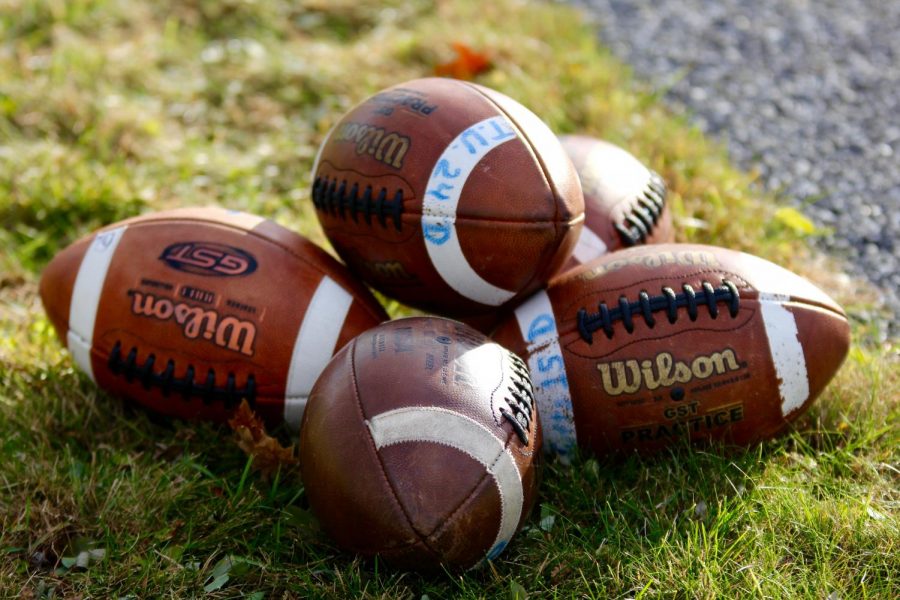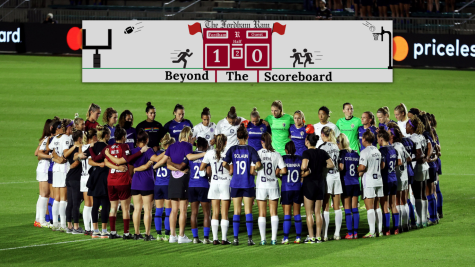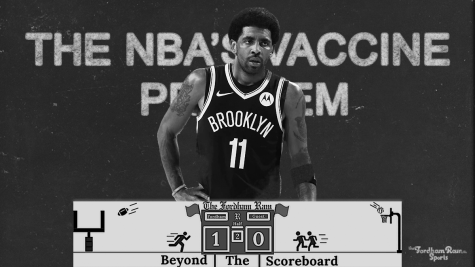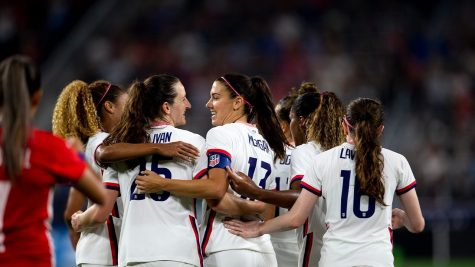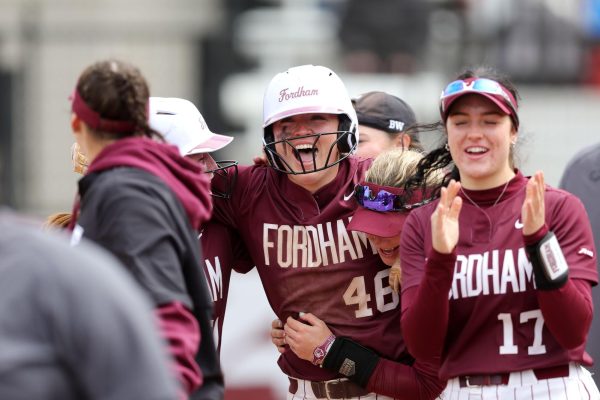Beyond the Scoreboard: Fair Pay to Play Act Puts NCAA on the Clock
Last Wednesday, Senate Bill 206, known as the Fair Pay to Play Act, was passed by the California state Senate unanimously by a tally of 39-0. SB 206 would essentially give student athletes the opportunity to finally benefit financially from the use of their names and images while playing in college.
Now, the bill is destined for California Gov. Gavin Newsome’s desk. In the next 30 days, Newsome will have the final say in deciding whether or not to sign the bill into law. If he were to sign off on the bill, college athletics as we know it would set an irrevocable precedent in favor of its players.
Right on cue, the National Collegiate Athletic Association (NCAA) has made it clear that its interests lie within the organization and not for the student-athletes it represents.
On the same day the Fair Pay to Play Act was passed by the Senate, the NCAA took it upon itself to send a letter to Gov. Newsome, urging him and the state to reconsider passing the bill. Their reason? The NCAA believes it to be unconstitutional, saying the act “uphends the balance of natural competition in college sports.”
Unfortunately, the NCAA fails to mention one slight problem to its argument: the natural competition in college sports has already been compromised and continues to be unbalanced, particularly in college football and basketball. For example, the University of Clemson, college football’s reigning national champions, put $55 million dollars into its football facilities back in 2017. In each of the two years since, Clemson has been in the top-three in recruiting high school players to its football program.
A coincidence? I think not. When elite high school football prospects visit Clemson, their expectations may be to see a locker room and workout area that contends with every program in the country. What may pleasantly shock them is that Clemson’s facilities also includes an indoor slide, bowlings alleys and even a miniature golf course. As someone who has been around the athletic facilities here at Fordham, I can assure you we do not have those extra luxuries when recruiting student athletes to Rose Hill. No, not even a mini-golf course located somewhere behind Rose Hill Gym or Jack Coffey Field.
In college basketball, teams like Duke University and the University of Kentucky have snagged a majority of top high school prospects with the extra amenities offered at their respective facilities. They include things such as first-class, airplane-like luxury chairs with every locker and LED screens that fill the walls of their hallways. Even something as superfluous as a multi-million dollar water fountain at the facility entrance is common for major university programs in its pitch to recruit players.
Knowing this, the NCAA has yet to answer the most prevalent question surrounding college athletics: if there are millions of dollars being generated at these top athletic universities, why can’t student athletes be compensated sufficiently in order to maintain everyday expenses?
Former University of Florida Gators quarterback and now an analyst for ESPN, Tim Tebow, went on ESPN’s First Take to discuss his displeasure with the bill. Tebow states that never once did he ever want to profit from his likeness while at Florida, where his jersey was one of the top-selling in the country. Tebow went on to say, “Yes, I know we live in a selfish culture, where it’s all about us, but we’re just adding and piling on to that.” Tebow spoke passionately about how his family wanted him to go Florida, it being his grandfather’s dream to see him win a SEC championship for the Gators.
Unfortunately, here lies the problem with Tebow’s perspective on the matter. In this situation, his view is clearly in the minority of how other former star college athletes think about players being paid. Former University of Georgia tight end and NFL pro-bowler Benjamin Watson had a perfect response to Tebow’s opinion, saying the Fair Pay to Play Act should have an “opt out clause” for those like Tebow who do not require the financial benefit and play because “they love the game!”
The truth is that a majority of the elite high school student athletes come from poorer, urban areas where financial support is scarce. In most cases, these young men and women are playing their respective sport not just because they love doing it, but because it is their only ticket to a better life for themselves.
Plain and simple, not every prospective athlete in college is born into financial privilege. This is something the NCAA continues to avoid addressing, while the revenue from said athletes continues filling its pockets with each sporting event.
Towards the end of its letter to Gov. Newsome, the NCAA concluded this new bill ultimately eliminates California’s 58 schools who play under the association, saying, “these outcomes are untenable and would negatively impact more than 24,000 California student-athletes across three divisions.”
How could potentially paying 24,000 athletes for the money that they help their respective universities earn every year have a negative impact? Seems like the NCAA’s true motive is to have their proverbial cake, eat it gluttonously and not pay anything for it at all.



































































































































































































